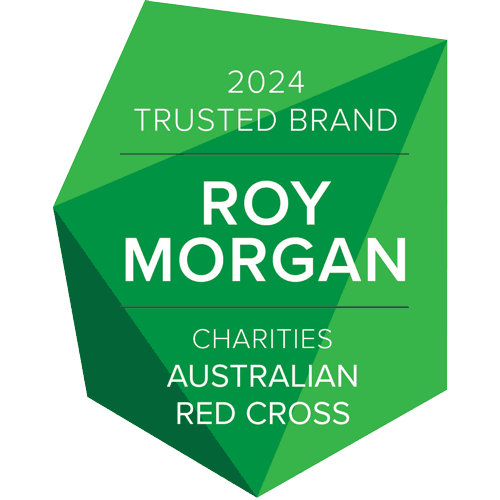What liability, operational and reputational risks does your business face in armed conflict?
The Australian private sector increasingly conducts business operations across borders, oftentimes in complex and dangerous environments where countries are, or are at risk of, experiencing armed conflict. Many of these companies also have business or supply chain partners carrying out essential operations in these areas.
Due to the nature of modern armed conflict – which has evolved well beyond traditional State versus State war on a distant battlefield – the risks that entities face when operating in conflict affected areas have significantly increased.
Companies are exposed to operational risks, arising from having a physical presence in these regions, as well as criminal and civil liability risks and reputational risks. Additionally, the security concerns and associated health and safety risks for companies with operations in conflict affected areas are far greater.
International humanitarian law (IHL) protects civilians and civilian property in times of armed conflict – this includes company personnel, assets and operations. In the same way that protections afforded under IHL extend to companies, their workforce, and their directors, so too do the obligations and responsibilities enshrined in IHL extend to these actors. Companies may therefore risk legal liability for any breach of these obligations – both of criminal responsibility for the commission of, or complicity in, war crimes and civil liability for compensation and damages.
It is essential that companies exposed to these types of risks understand the principles of IHL and how they apply to their business, particularly those with strong commitments to observing human rights obligations. Ensuring a company’s policies and practices align with IHL standards will help to minimise the risks to, and created by, their operations, workforce and infrastructure.
Charity donations of $2 or more to Australian Red Cross may be tax deductible in Australia. Site protected by Google Invisible reCAPTCHA. © Australian Red Cross 2025. ABN 50 169 561 394
